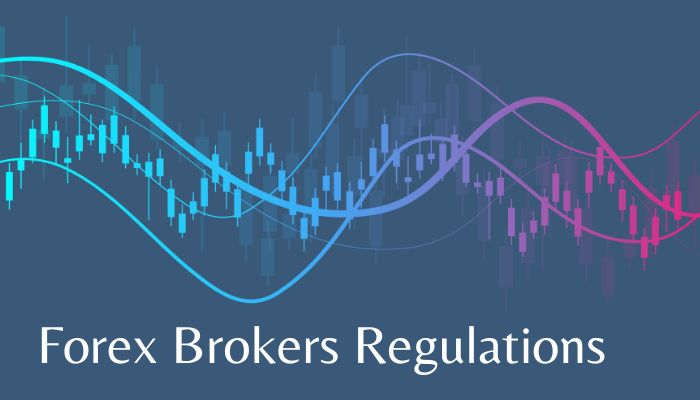Finance
Forex Brokers Regulations

Thinking of engaging in forex trading? If you aren’t already familiar with what forex trading is, it’s a practice where traders exchange currencies electronically with the goal of making a profit from the changes in currency values. For instance, if you exchange your dollars for euros, and the value of the euro goes up, you can exchange your euros back into dollars and receive more dollars than what you started with. Trading in the forex market happens on a large, global scale, with large sums of money being traded across the world.
If you’re an individual trader, you might want to consider trading with the help of a forex broker, who acts as a middleman between the trader and the forex market. Forex brokers are useful for traders who want their transactions protected, as brokers are subject to various standards and regulations.
Basic forex brokers regulations
What exactly are these regulations for forex brokers? These typically vary per country, but they generally include the following:
- Licensing: Brokers need to be licensed by the regulatory authority in the countries they operate.
- Capital requirements: Brokers are required to maintain a certain amount of capital, to make sure they can afford any financial losses and that they can protect traders’ investments.
- Segregation of funds: Regulators typically require brokers to keep their clients’ funds in accounts that are separate from the firm’s operating funds, so the clients’ money is protected in case the broker runs into any financial issues.
- Anti-money laundering measures: To prevent any money laundering issues, brokers need to follow strict rules, such as verifying the identities of their clients.
Why do forex brokers need regulations?
First and foremost, brokers need to follow strict regulations to make sure forex traders are protected. The global forex market is vast and complicated, and traders everywhere face the risk of fraud and manipulation. When brokers are regulated, forex trading becomes safer and more transparent for investors.
These regulations also help maintain the integrity of the forex market, and make sure that brokers aren’t engaging in unfair practices. Regulations prevent brokers from manipulating prices or putting traders at a disadvantage.
More importantly, regulations help prevent financial crimes, as the forex market can be attractive for money laundering and other related crimes. For instance, regulations require brokers to verify the identities of their clients and to report suspicious transactions.
If things go south with your forex broker, regulatory bodies can also help you with dispute resolution. These bodies typically have structured processes in place for resolving such disputes, and these will help you save time, money, and a whole lot of stress.
Some regulatory jurisdictions also offer compensation schemes, which can cover a portion or all of your lost funds in case your forex broker fails to deliver. Levels of protection vary between jurisdictions, but such safety nets can help reduce the impacts of any financial losses.
How to choose the right forex broker
If you’d like to start getting into forex trading, here are some of the things you might want to consider when looking for the right broker for you:
Check official websites of regulatory bodies
Before anything else, make sure to visit the official websites of regulatory bodies in your country. For instance, if you’re from the United States, you can visit the website of the National Futures Association, where you can search your broker on their handy database.
Additionally, taking a look at a Forex Brokers list can help you find some decent local options. If you’re from the United Kingdom, you can check the Financial Conduct Authority’s register to check the status of brokers operating in the country.
Visit your broker’s website
If your broker is legitimate, their websites would say so. Look for license numbers and the jurisdictions they’re authorized to operate in, as well as clear contact information and a physical address. If this information is hard to find, consider it a red flag.
Look at online reviews
Forex brokers can’t get away with shady transactions in the age of the internet. Make sure to do your research and look for reviews for brokers on websites such as Daily Forex and the Forex Peace Army. Of course, you should take individual reviews with a grain of salt, but if you’ve noticed that a particular broker has more negative reviews than positive ones, it’s a sign you should cross them out.
Wrapping up
If you’re starting out in forex trading, don’t forget to choose the right broker and to do your research. When you understand how these forex brokers regulations can help protect your money and your peace of mind, you’ll be on your way to a safe and fulfilling forex trading journey.
Best of luck, and make sure to trade wisely!

















































